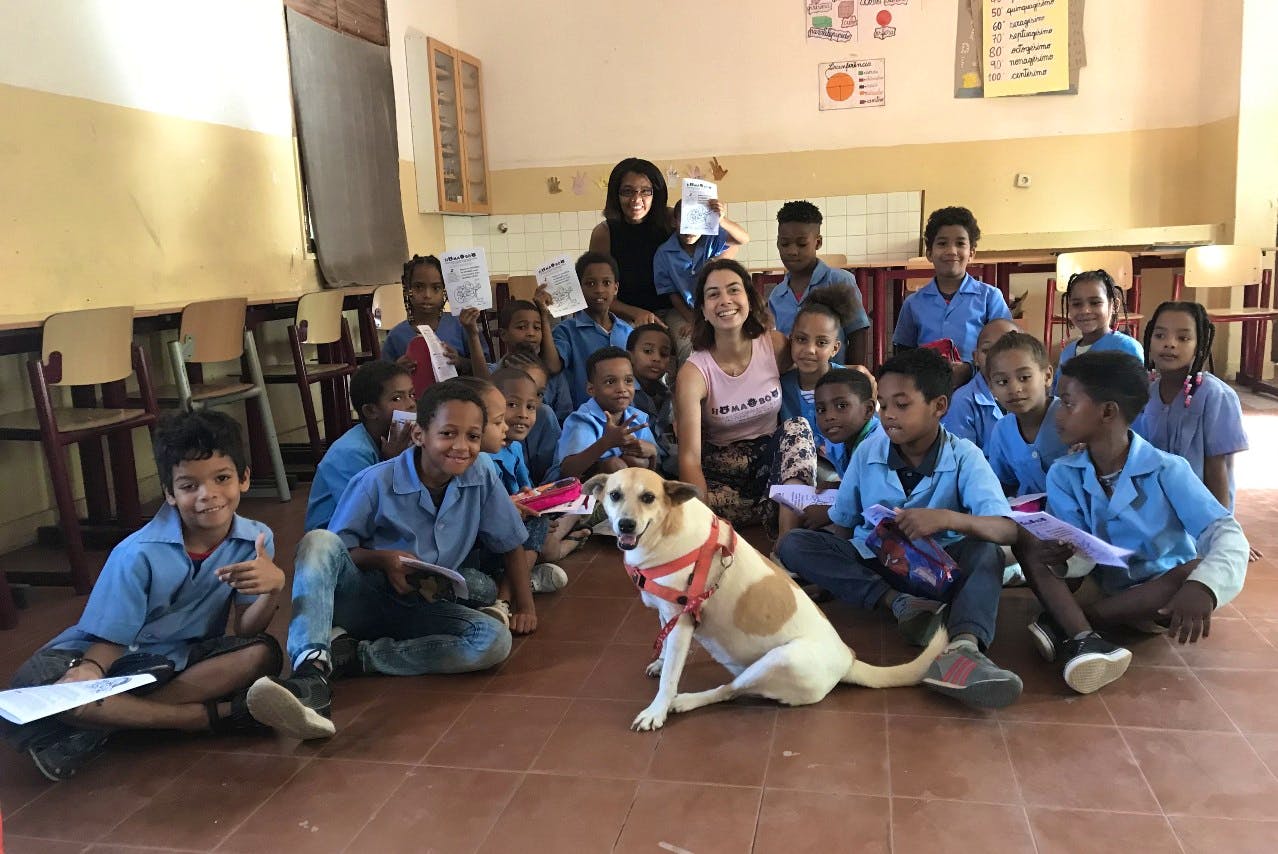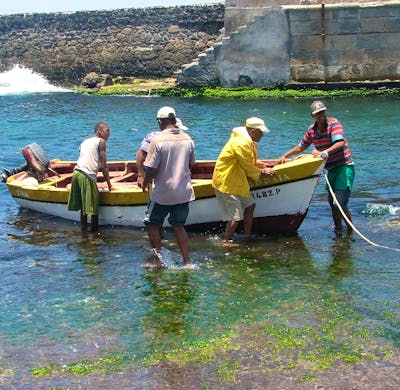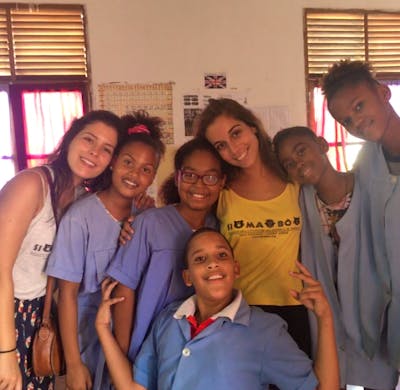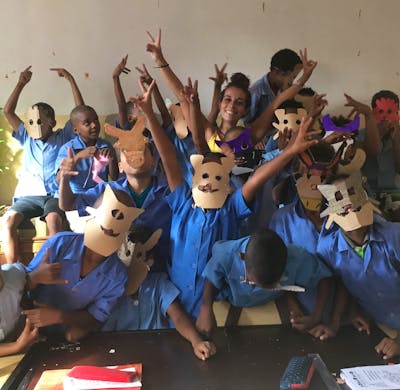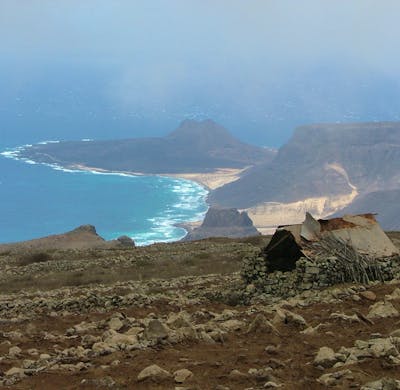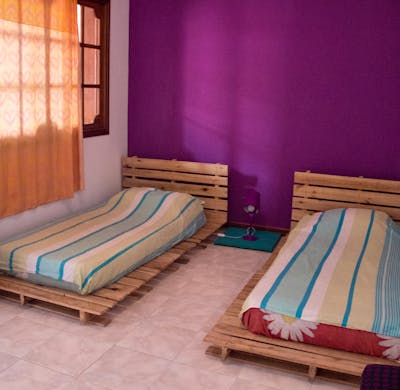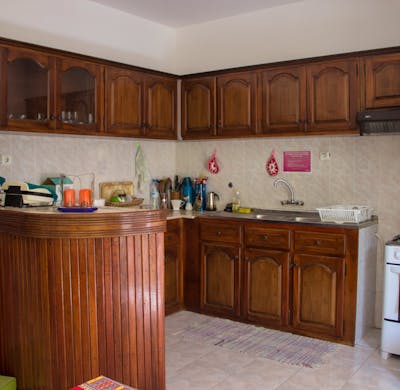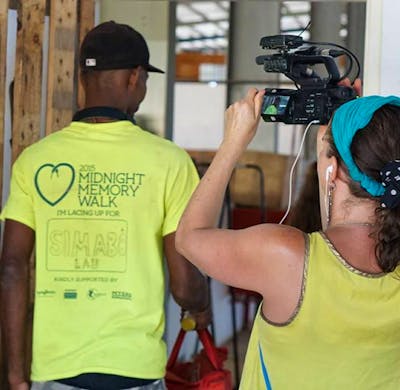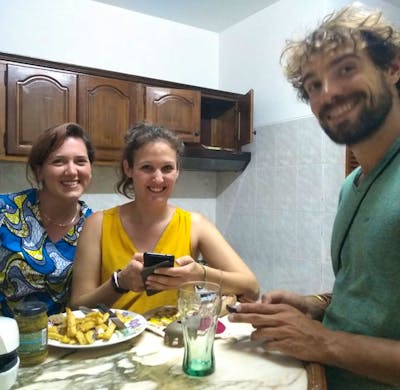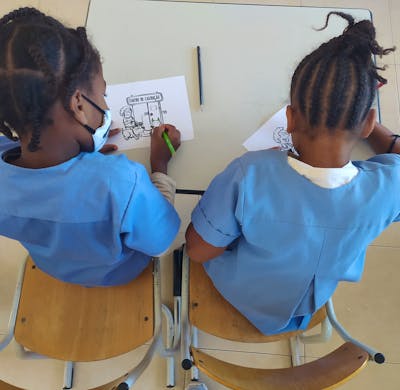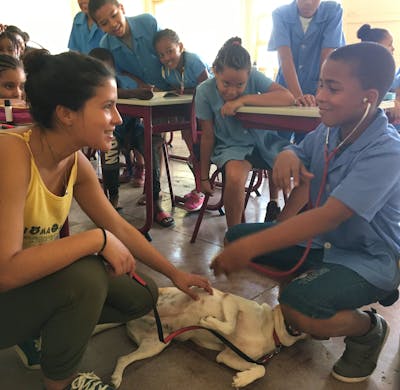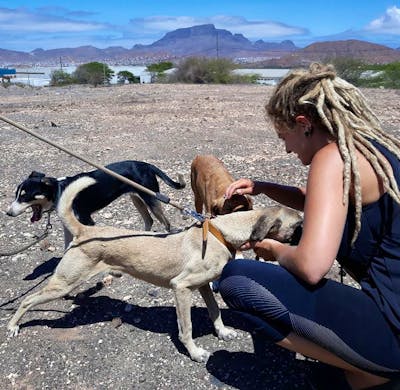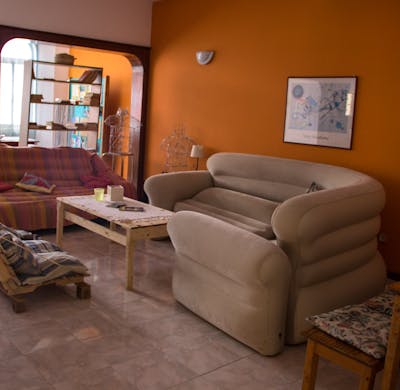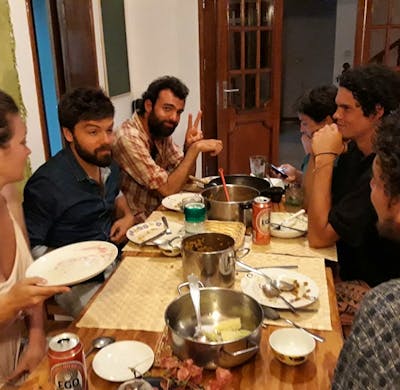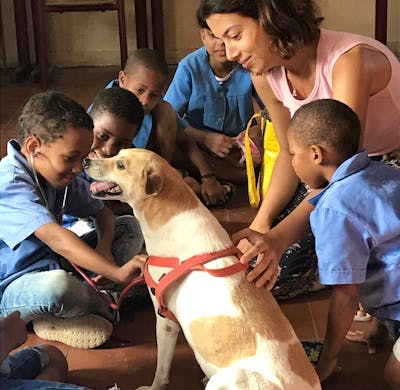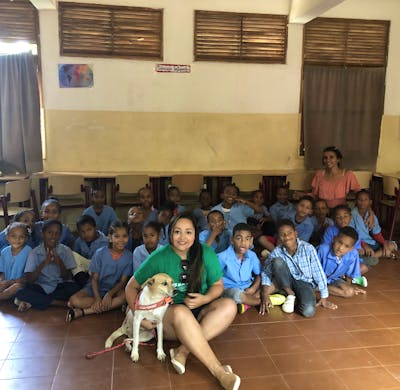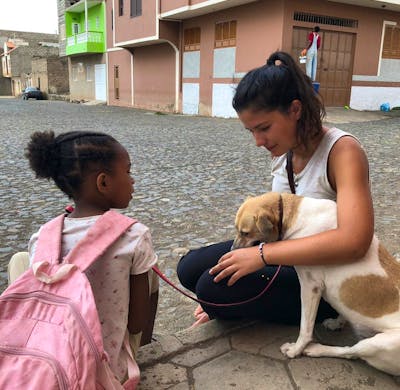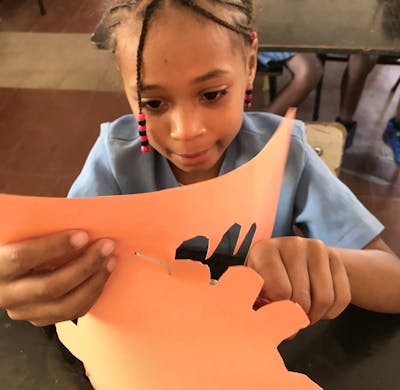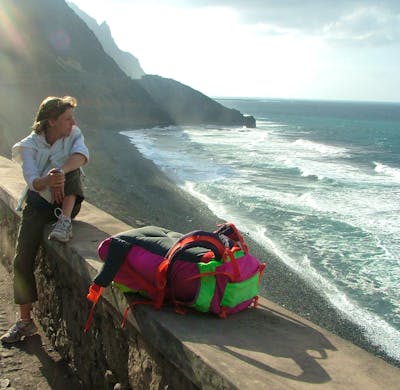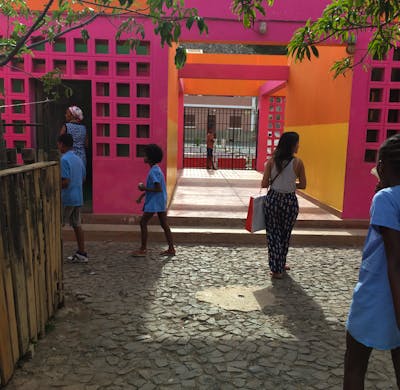2024 at Veterinary Doctor
from 400€
Educating Children about Animal Care
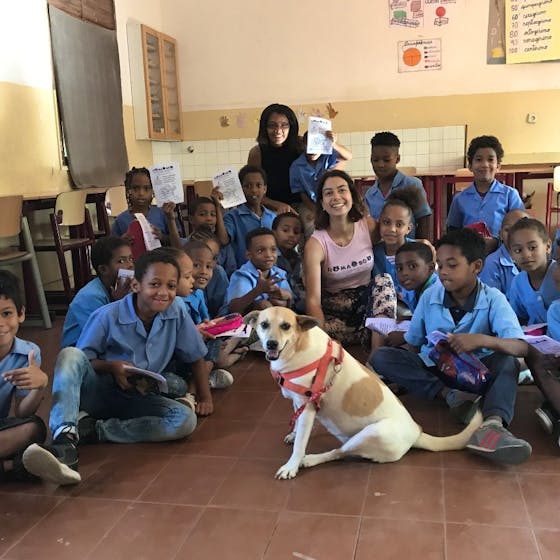
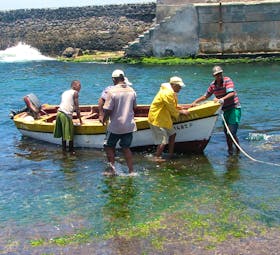
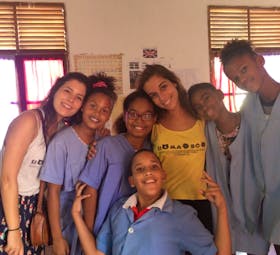
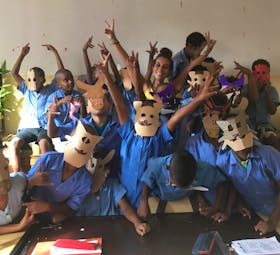
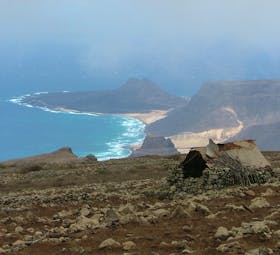
Highlights
- Get in touch with cape verdean culture through work with children
- Contribute to the change of mentalities through education
- Learn some words in creole
- Propel your career with international experience
- Visit the beautiful island of Santo Antao during your free time
Especially suitable
About the program
Help make children aware of animal care!
Working on Simabo's educational programs is a unique, authentic, and rewarding experience. Education is the only way to genuinely change society by contributing to the mentality and principles of tomorrow's adults. Working with children is one of the best ways to get in touch with the local culture. ..
Typical day
The help we need varies depending on your skills. We expect someone who is a self-starter and can work independently with a very high degree of motivation. Work is per shifts: morning from 8 to 13 or afternoon from 13 to 18.
Free-time activities
The island is famous for its music and its partying vibe! So night activity is guaranteed!
- On the island you can find a diving center (in town), a windsurfing school and a kitesurfing school.
- Capoeira is also widely practiced and can be learned with 2 groups in lessons held in the late afternoon.
- Hi
Requirements
What's Included
What's NOT included?
Details on arrival
Volunteers are accepted throughout the year depending on availability.
Program fees
Meet your organization

Simabo
Non-profit - founded in 2008
Verified by Volunteer World
Coordinated by
Silvia
About the project
45 reviews ·  4.9
4.9
Location

You might also be interested in
-
Mission Trips to Africa
Voluntouring
Global Volunteer Opportunities
Adults
Projects Abroad
Best Volunteer Programs
Mission Trips
Couples
Volunteer Abroad for Free
Volunteer Trips for College Students
50 Plus Volunteering
